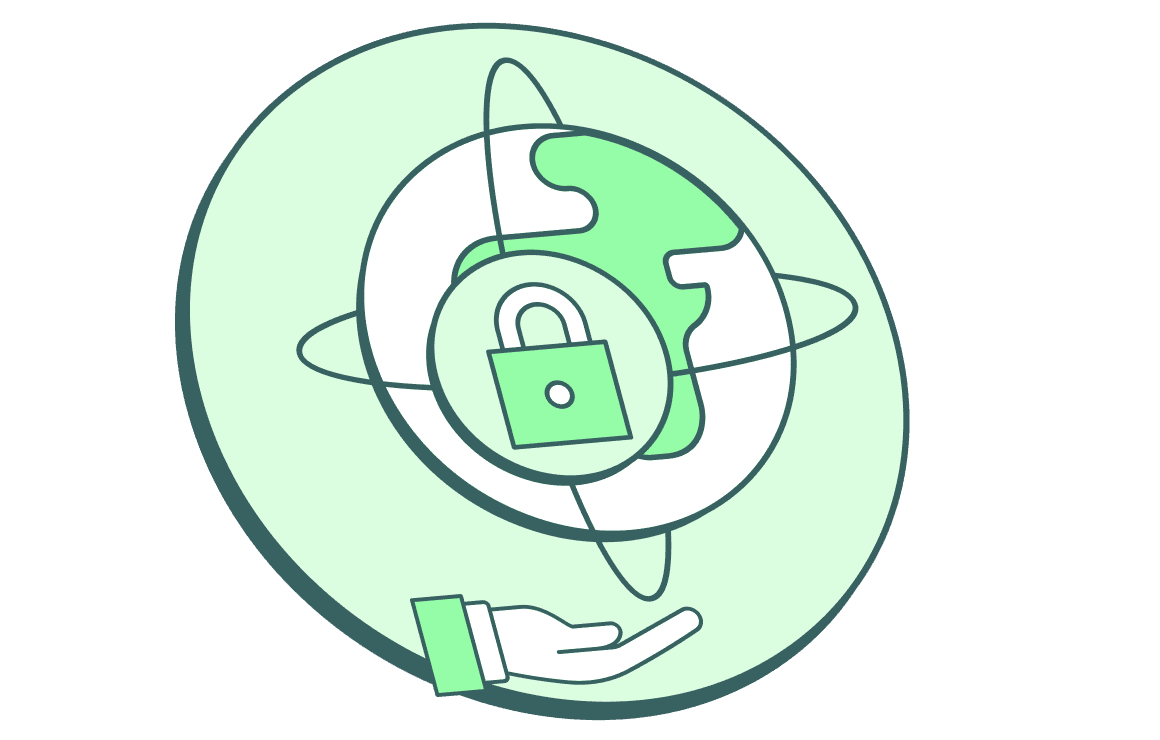Elevating Governance of Non-Human Identities (NHIs)
Oct 7, 2024
The Importance of Governance in Managing Non-Human Identities
In the digital age, governance is a key component of managing and protecting non-human identities (NHIs) such as API keys, service accounts, and IoT devices. Effective governance ensures security, compliance, and operational efficiency, mitigating risks associated with unauthorized access and cyber threats. This article explores the importance of governance in managing NHIs, offering strategies and best practices to elevate your governance framework.
What Is Governance?
Cyber governance refers to the policies, procedures, and controls implemented to manage and secure digital identities and assets. It provides a framework for ensuring that cyber activities align with organizational goals, regulatory requirements, and security standards.
Cyber governance encompasses various aspects, including risk management, compliance, and continuous monitoring. It establishes accountability and transparency, ensuring that digital identities, including NHIs, are managed securely and efficiently.
Understanding Non-Human Identities and Their Governance Needs
Definition of NHIs: Non-human identities (NHIs) are digital entities such as API keys, service accounts, and IoT devices that interact with systems and applications. Unlike human identities, NHIs require specialized governance to manage their lifecycle and ensure security.
NHIs present unique challenges, including the need for automated management, strict access controls, and continuous monitoring. Without proper governance, NHIs can become vulnerable points in an organization's security posture.
Key Components of Effective NHI Governance
A robust governance framework integrates the following essential components to provide a holistic approach to managing NHIs, enhancing security and operational efficiency:
Policies and Procedures: Establish clear policies for creating, managing, and deactivating NHIs.
Access Controls: Implement stringent access controls to ensure only authorized entities can access NHIs.
Technology Integration: Utilize advanced technologies for monitoring and managing NHIs.
Regular Audits: Conduct regular audits to ensure compliance with governance policies and identify potential vulnerabilities.
Strategies to Enhance Governance of NHIs
Adopting these actionable strategies ensures that NHIs are governed effectively, reducing risks and enhancing compliance. Here are some best practices to follow:
Automated Governance Tools: Implement tools that automate the management and monitoring of NHIs.
Policy Development: Develop comprehensive policies that cover the entire lifecycle of NHIs.
Access Control: Enforce the principle of least privilege to limit NHI access to only what is necessary.
Regular Audits: Schedule regular audits to ensure governance practices are followed and updated.
The Role of Automation in NHI Governance
Automation plays a critical role in NHI governance by reducing human error, increasing efficiency, and streamlining processes. Automated tools can enforce policies, monitor activities, and generate reports, ensuring that NHIs are managed consistently and securely. There are numerous benefits of such automation:
Policy Enforcement: Automated enforcement of governance policies ensures that nothing slips through the cracks.
Monitoring and Reporting: Continuous monitoring and real-time reporting of NHI activities.
Error Reduction: Minimizes human errors associated with manual processes.
Ensuring Compliance with NHI Governance
Compliance is a critical aspect of NHI governance. Adhering to regulatory requirements and industry standards, such as those outlined below, ensures that NHIs are managed in line with legal and security expectations.
Data Protection Laws: Comply with laws such as GDPR, HIPAA, and CCPA.
Industry Standards: Follow standards like ISO/IEC 27001 and NIST.
Implementing effective governance practices, such as regular audits and policy reviews, helps maintain compliance and avoid legal and financial repercussions.
Outcomes of Robust NHI Governance
Implementing comprehensive NHI governance, including automated tools and regular audits, can pay off in dividends for companies. This can lead to a significant reduction in security breaches and unauthorized access incidents, enhancing overall security. This ensures adherence to regulatory requirements, avoiding fines and legal issues.
Benefits of comprehensive NHI Governance:
Security: Enhanced protection against unauthorized access and cyber threats.
Compliance: Reduced risk of non-compliance with legal and industry standards.
Efficiency: Streamlined management processes and reduced operational costs.
Enhancing Security and Compliance Through Effective NHI Governance
Effective governance of NHIs is crucial for ensuring security, compliance, and operational efficiency. By implementing robust governance practices, organizations can protect their digital assets and enhance their cybersecurity posture.


